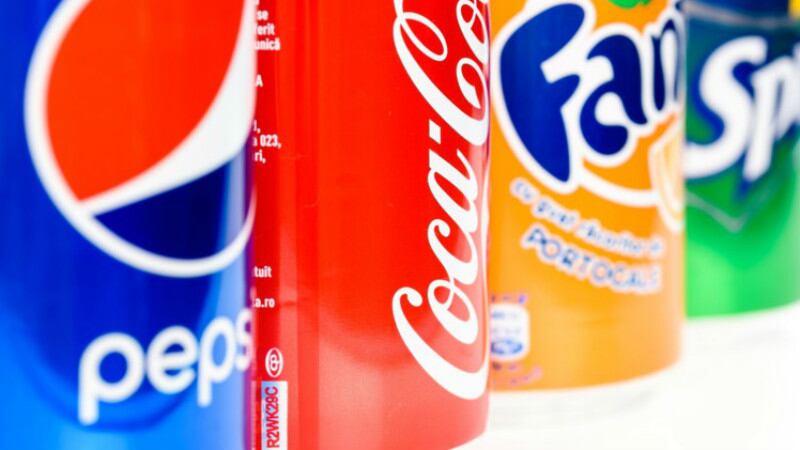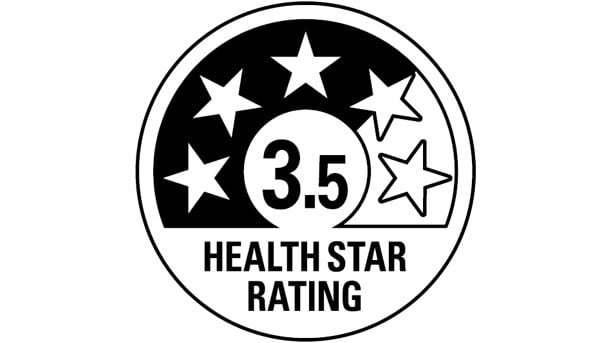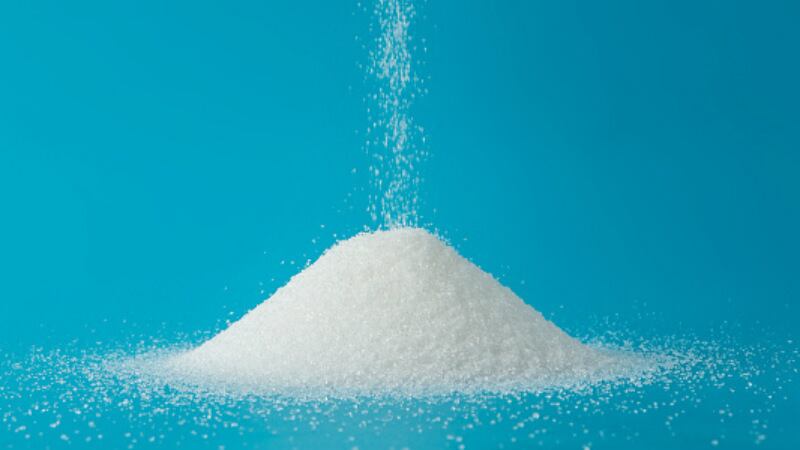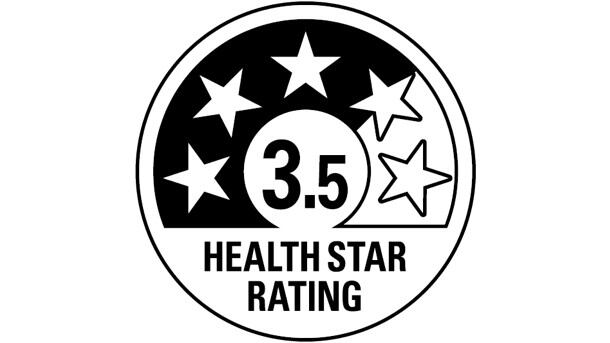‘Hugely disproportionate’?: Singapore to ban SSB ads alongside colour-coded nutrition label plan
Singapore is set to introduce mandatory colour-coded front-of-pack nutrition label and ban advertising for pre-packaged sugar sweetened beverages (SSB), a move that has caused the industry to voice doubts, while health policy experts have welcomed the move
The Ministry of Health (MOH) announced at the Singapore Health & Biomedical Congress 2019, that these two measures were set to encourage consumers to make more informed choices, as well as accelerate the industry reformulation efforts in reducing sugar content in SSBs.
This decision came after reviewing international and local evidence for these measures, and taking into consideration 4000-public respondents’ feedback conducted earlier this year.
Sugar tax ‘dismay’: Philippines senate highlights failure of revenue payout to sugar industry
The Philippines Senate House Committee on Ways and Means expressed ‘dismay’ over the payout of sugar taxes under the Tax Reform for Acceleration and Inclusion (TRAIN) Act to the ‘intended beneficiaries’ within the sugar industry, particularly sugar farmers.
According to the official Committee Daily Bulletin document on the Philippines Congress website, the committee was chaired by Representative Joey Salceda, and discussions included the funds received from sugar taxes implemented as part of the TRAIN law.
Updates were presented by the Department of Budget and Management (DBM), the Department of Health (DOH) and the Philippine Health Insurance Corporation (PhilHealth).
‘Harmful for kids’: Ban ‘junk food’ ads before 9pm in Malaysia to complement sugar tax - Expert
A ban on all junk food advertising before 9pm has been recommended in Malaysia, with an obesity prevention experts claiming it will complement the health effects of the country’s recently-implemented sugar tax.
“Children, in particular, are extremely susceptible to marketing messages, and exposure to food advertising is associated with increased food intake in children,” Associate Professor Gary Sacks from the Deakin University Global Obesity Centre told FoodNavigator-Asia.
“The widespread availability of unhealthy food that is heavily marketed has contributed to the increasingly high rates of obesity and diet-related diseases in the region.”
The current recommendation is to eliminate the exposure of children below the age of 18 to the marketing of ‘unhealthy foods’, and the World Health Organisation (WHO) has called for ‘strong government action’ in line with this, but Professor Sacks said that countries in APAC have been ‘slow to act’.
‘Sin taxes’ in Philippines: Senate pushes for alcohol tax hike via TRAIN Phase 2
The Philippines Senate panel has recommended that a bill to increase taxes on alcohol and other ‘sin’ products under Phase 2 of the controversial TRAIN law be passed, amidst government lauding of the first phase’s success.
TRAIN is the government’s Tax Reform for Acceleration and Inclusion initiative under its Comprehensive Tax Reform Program (CTRP) which looks to ‘correct deficiencies in the tax system’. The first TRAIN phase looked at reducing income taxes amongst other items, and also saw the introduction of a sugar-sweetened beverage tax in the country.
The second phase is split into two packages: Package 2 is deemed the Corporate Income Tax and Incentives Rationalization (CITIRA) which aims to gradually lower corporate income tax (CIT) from 30% to 20% and look at other growth and investment aspects, whereas Package 2+ is simply deemed Sin Taxes, which is where the alcohol tax hike falls under.
Japan tax hike: Alcohol faces 2% increase as retailers move to curb general confusion
Japan has implemented a 2% increase in consumption taxes for alcohol starting October 1 this year, creating a potential grey area where it is used an ingredient in food products.
According to the Japan National Tax Agency (NTA), the tax increase was implemented under a two-tier system as opposed to the previous flat 8% consumption rate throughout.
“Under this system, items that are subject to the standard tax rate will be taxed 10%, whereas items subject to the reduced tax rate will be taxed 8%,” said the NTA via official documentation.
The items that have been specified to fall under the reduced tax rate of 8% are or ‘foods and beverages excluding alcoholic beverages and eating out” and ‘newspapers issued more than once a week (based on subscriptions)’.





